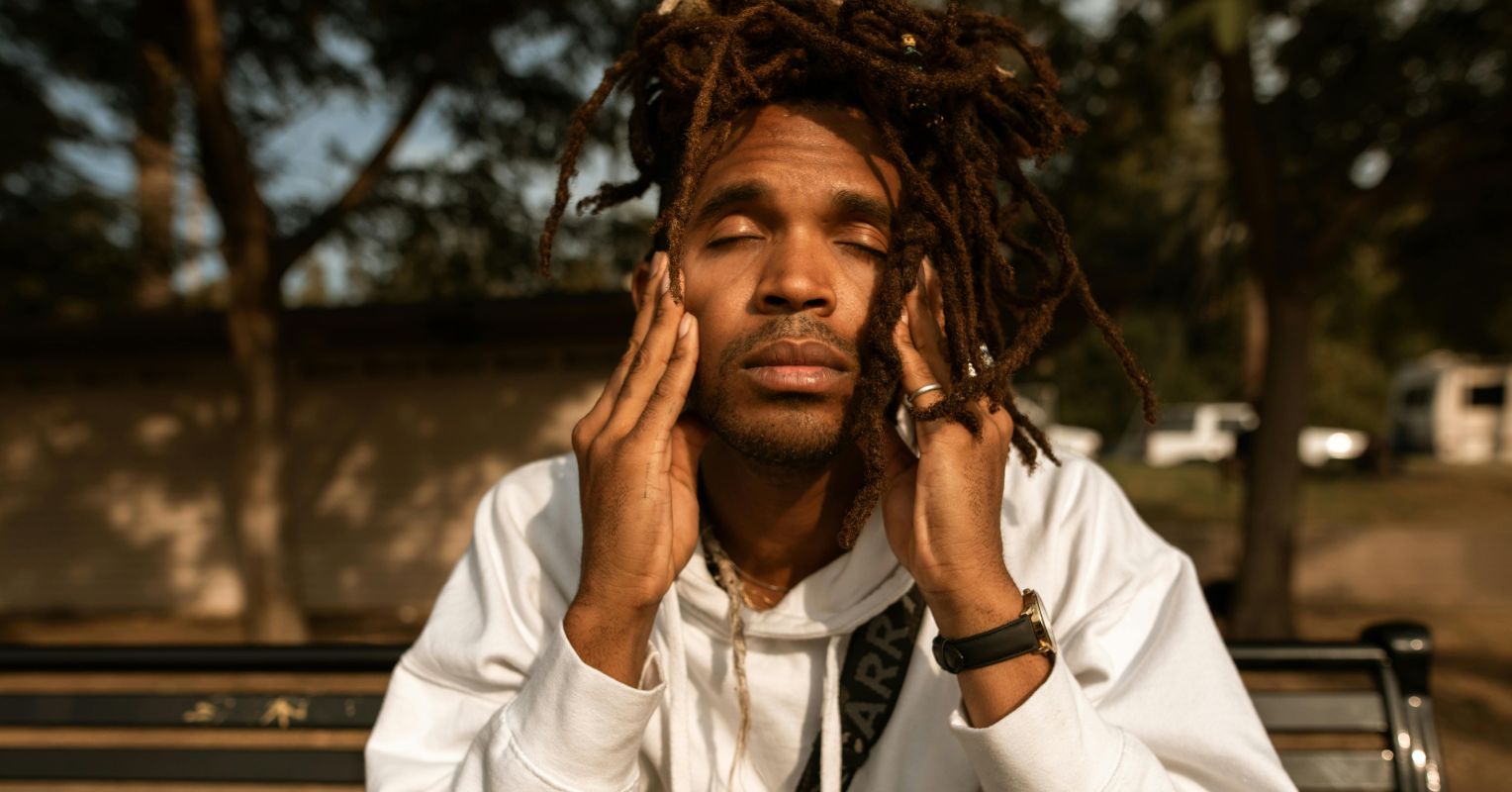Are you “ready” for love? People often strategize about how to find a long-term partner, but there’s a bigger issue that should come first. In this moment, in your particular stage in life, are you really ready for commitment?
Psychologists call this readiness, “commitment readiness.” Commitment readiness refers to an overall sense that you’re open to entering a relationship and willing to put in the work that’s necessary to maintain said relationship (Agnew et al., 2019). People high in commitment readiness, for example, desire to be emotionally close to someone and they also want to invest time and resources in a relationship.
Commitment readiness is not just wanting a relationship (although that is part of it), it’s both desiring a relationship and feeling ready to commit to someone (Agnew et al., 2019).
Not Everyone Is “Ready” for a Relationship
It makes sense that for some people, commitment readiness might emerge in late adolescence or early adulthood, but even so, there’s variability in that pattern. Think back to the people you knew in high school or college. Some people are slow to show romantic interest or to respond to others’ interest when a long-term relationship could be possible. Other people are ahead of their peers and confidently step into long-term relationships.
But just because you were once ready for a relationship, doesn’t necessarily mean you still are.
Think about it: a newly single adult may be heartbroken and have no interest in being vulnerable again any time soon. For them, moving past the prior relationship is a time-dependent process that they can’t rush. Other adults are career-driven and will pursue a relationship later; while still others might be caregivers with no mental energy left to devote to someone else. There is no one trajectory that captures everyone’s commitment readiness over time.
Friends Are Well-Positioned to Know Your Relationship Readiness
If you’re wondering about your own commitment readiness, your friends might have the insight you need. Indeed, a strong body of evidence suggests that, for better or worse, friends are involved in our love lives, observing, judging, and influencing at all stages. For example:
- Friends make it easier (or harder) for us to meet people (Ackerman & Kenrick, 2009)
- Friends give unsolicited relationship advice (Feng & Megan, 2016)
- Friends judge our relationships (Sprecher, 2011)
- Friends react to what happens in our relationships (Thompson et al., 2019)
- If friends view our relationships negatively, they will act on those judgments (Sprecher, 2011)
If friends play a role in the stability of an ongoing relationship, they certainly are well-positioned to know what might suit us best at this particular time in our lives, be it singlehood, short-term flings, or a long-time relationship. Sometimes it takes a friend to see what we can’t; this could include commitment readiness.
Friends Are Good at Judging Each Other’s Commitment Readiness
Do friends have insight into each other’s commitment readiness? New research queried 193 groups of friends, four friends each (i.e., 772 participants), about their own and their friends’ commitment readiness (Yang et al., 2025). The researchers’ analytic approach, which relied on social relations modeling, allowed them to unpack social judgments, separating assimilation (how an individual tends to rate all individuals), from consensus (how everyone sees one person), and, critically, from uniqueness (how an individual is viewed above and beyond judgment tendencies and consensus).
It turns out that your friends likely have an opinion about whether you’d do well in a committed relationship. Further, it’s probably a shared opinion among friends (Yang et al. 2025). Indeed, evidence showed good consensus among friends about any particular individual’s commitment readiness. Interestingly, a comparison between self-and-other ratings showed that people tend to think that they are more ready for a committed relationship than their friends think, even if there was general correspondence between self-and-other ratings.
Seeing a Friend’s Readiness May Help Them Find a Relationship
A key takeaway from this research is that your friends probably know, and probably agree on, whether you’re commitment-ready. Why? Well, friends see us in many contexts. They know how we act when we are stressed and how we approach risk-taking. They see us make serious decisions and they see how we negotiate interpersonal conflicts. They witness when we’re likely to be vulnerable, they hear us talk about life goals, and they have insight into our emotional maturity. In other words, by knowing us, they also develop a sense of our relationship readiness.
Relationships Essential Reads
It could be good news if your friends see you’re ready for a relationship. In fact, their knowing might help you actually enter one. Friends play an active role in creating opportunities for each other to enter relationships (Ackerman & Kenrick, 2009; Sprecher, 2011).
Note that, if anything, friends might underestimate your own sense of commitment readiness, as suggested by self-assessments (Yang et al., 2025). This suggests that if you really feel ready, make sure your friends don’t underestimate your readiness. If they know, they might be able to help.




